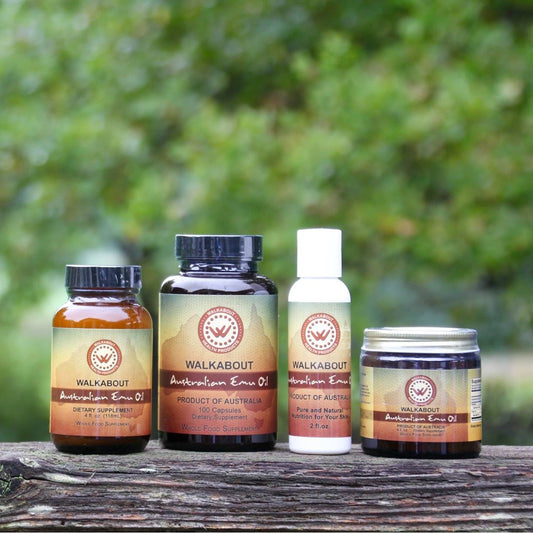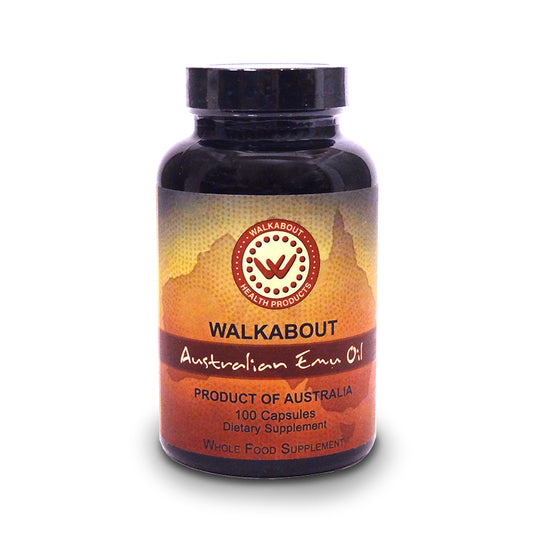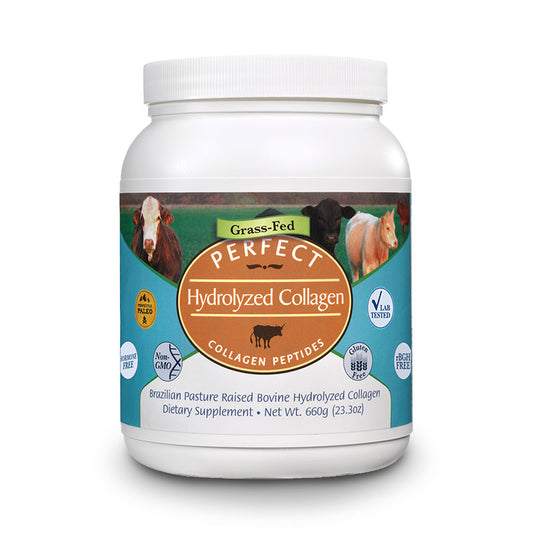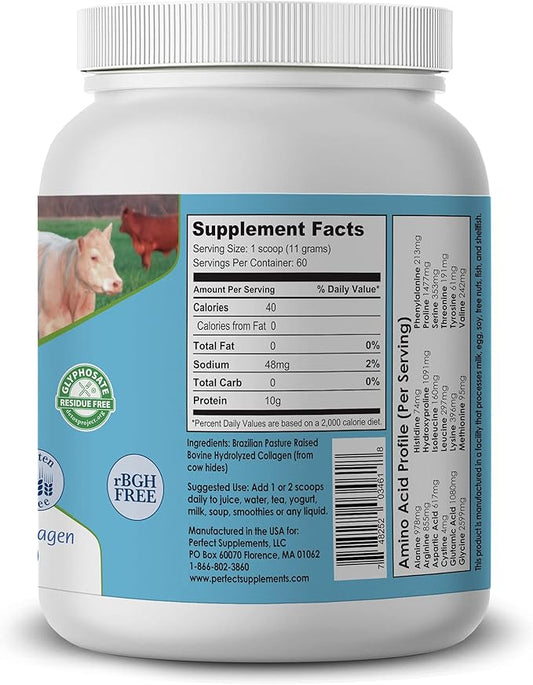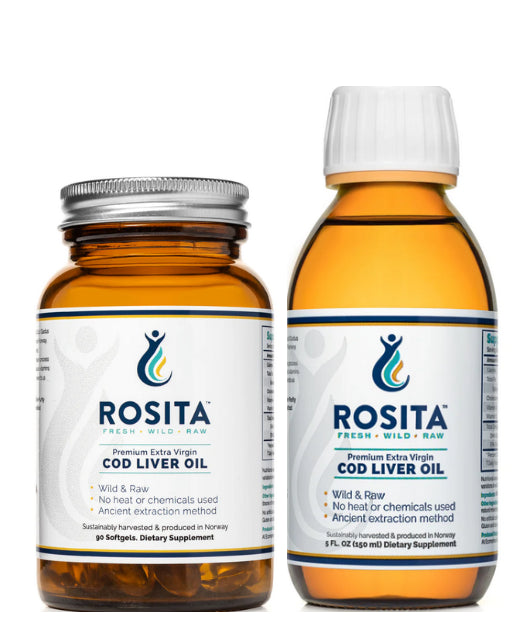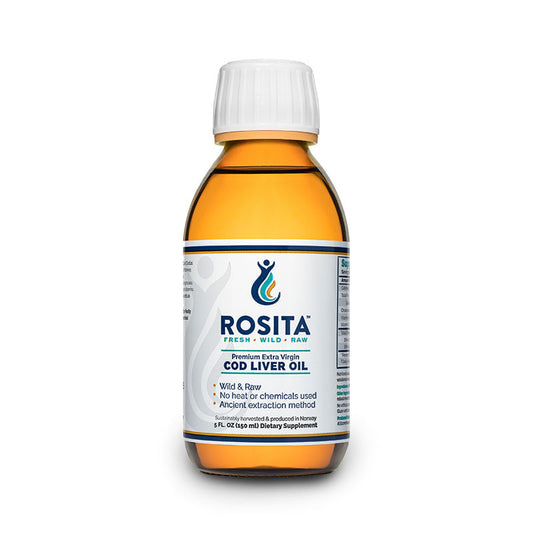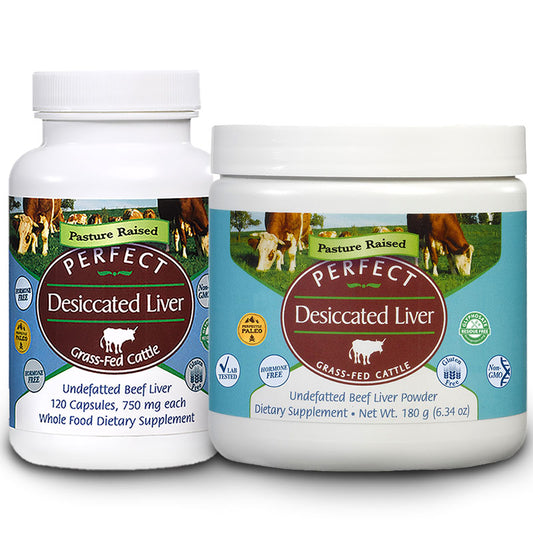20 Disposable Products You Can Stop Buying
I learned something appalling and sobering while accompanying my son on a homeschool field trip to the local landfill last year: we are quite literally running out of room for garbage. In Rhode Island, our home state and home of Nourishing World headquarters, there is only one landfill. It is estimated that this landfill will be filled to capacity in approximately 20 years. Once we reach capacity, that’s it. Regulations will allow no new landfills to be built in Rhode Island, and all waste will need to be shipped out of state, possibly quite far — costing us much more in terms of money, fuel, and greenhouse gas emissions. It may soon become entirely cost prohibitive to discard waste! Twenty years is a blink of an eye in the grand scheme of things. This is the reality today’s children will face as they enter adulthood. We can’t wait until year 19 to change our ways; it will be too late. We have to start now to make a difference.
No matter what state you live in, running out of room for trash is a real risk. The number of landfills in the US declined 75% just from 1986-2009. Trash has to travel further to reach its final destination, and many states are nearing capacity. Recycling will definitely help, but reducing our waste in the first place should be our primary goal. You may be surprised at how few disposable products you really need to use. How many of the disposable products below have you replaced with reusable alternatives? My family has completely converted over the last decade, and very few disposable products enter our house at all these days. I feel good that we are doing our part to reduce our waste, minimize our consumption, and protect the earth.
Thinking about the upcoming holidays and wondering what to give a hard-to-shop-for spouse or the aunt who already has everything? Environmentally-friendly alternatives to disposable products are something nearly everyone can use, and your gift is also a present to our planet! Many people shy away from the initial investment in reusable products or don’t even know that these eco-friendly alternatives exist, so a good-quality water bottle, some pretty cloth napkins, or cloth grocery bags in fun designs can be perfect gifts for anyone who is hard to buy for.
20 Disposable Products My Family Doesn’t Use (& Reusable Alternatives!)
- Paper towels: Cotton washcloths are very inexpensive and work even better than paper towels. While you can rinse and wring out used washcloths repeatedly, you can also just wipe once and toss into the laundry so you don’t have damp dirty rags sitting out on the counter!
-
 Plastic water bottles: Americans use 1500 water bottles every second, and most of those end up in the landfill. Instead, choose reusable, non-toxic, BPA-free water bottles filled with filtered tap water. You’ll save money, reduce your toxin load, and protect the environment all at once!
Plastic water bottles: Americans use 1500 water bottles every second, and most of those end up in the landfill. Instead, choose reusable, non-toxic, BPA-free water bottles filled with filtered tap water. You’ll save money, reduce your toxin load, and protect the environment all at once!
- Napkins: We use only cloth napkins. We have a stash of about 40 cloth napkins so that we always have enough clean ones for meals and lunch bags. I prefer cotton napkins over other fabrics, and we choose printed options to hide any stubborn stains.
- Newspapers and magazines: You can opt for a digital subscription to most newspapers and magazines, and read them on your phone, computer, or e-reader. While you’re at it, opt out of all that unwanted junk mail via the instructions here.
- Paper plates, cups, and bowls: We just don’t buy them, even for parties; instead we make do with what we have or borrow extras from friends. If you entertain frequently and don’t have enough real dishes, you can buy a bunch of sturdy reusable picnic dishes almost as cheaply as disposable ones. We use small jelly-sized mason jars for party drinks instead of paper cups.
- Plastic silverware: Not only is plastic cutlery bad for the environment, but it’s also annoying to use. Have you ever watched a party guest repeatedly try to stab their salad with a plastic fork or cut their lip on the sharp edge of a disposable spoon? Your guests will enjoy having real silverware to use so much, they might even be willing to help you wash it all at the end of the night! Thrift stores are a great place to get lots of silverware at a low cost.
- Baby diapers & wipes: If you know someone who is pregnant, you’ll save them thousands of dollars by gifting them a stash of cloth diapers. The options are endless and many are just as convenient and absorbent as disposable diapers, but without all the chemicals and waste. There are even cloth diaper services that will deliver clean cloth diapers straight to your door each week. Use cloth wipes alongside cloth diapers; it’s better for baby’s skin and you’ll be doing lots of laundry either way!
- Toilet paper: I know, I know, this is where half of you will get really squeamish and maybe even close out the browser window. But family cloth is really a trend… just not one most of us talk about openly! If you’ve had a baby and used cloth diapers and reusable wipes, it really doesn’t seem all that gross to transition the whole household to cloth. You can use hand-sewn squares or even cut up old t-shirts to wipe. Keep a basket of clean cloths as well as a small bin for the used cloths near the toilet. Wash in hot water with vinegar. You don’t have to get the whole family on board to switch to family cloth; most families keep toilet paper on hand for guests, family members who don’t want to go the reusable route, or messier wiping.
 Gift wrap: This is an important one with the holidays approaching! Household waste increases by 25% between Thanksgiving and New Year’s, and an estimated 4 million tons of that is just gift wrap and shopping bags. Get creative with your wrapping this holiday season. You can make reusable fabric squares of gift wrap tied with satin ribbon, package presents in baskets or other nice containers, or use scarves, blankets, and handkerchiefs as both part of the gift and the packaging. Envirosax make beautiful gift wrap.
Gift wrap: This is an important one with the holidays approaching! Household waste increases by 25% between Thanksgiving and New Year’s, and an estimated 4 million tons of that is just gift wrap and shopping bags. Get creative with your wrapping this holiday season. You can make reusable fabric squares of gift wrap tied with satin ribbon, package presents in baskets or other nice containers, or use scarves, blankets, and handkerchiefs as both part of the gift and the packaging. Envirosax make beautiful gift wrap.- Q-tips: You actually aren’t supposed to clean your ears. Earwax lubricates the ears and protects your ears from water, dust, dirt, and bacteria. Cotton swabs can actually push wax deeper into the ear or damage the eardrum. There are reusable cotton swab alternatives out there, but you’re really better off not putting anything in your ears at all.
- Batteries: If your home goes through lots of batteries, invest in some rechargeable batteries and a charger. You’ll save money and keep disposable batteries out of the landfill.
-
 Ziploc bags: Stainless steel food containers keep sandwiches or leftovers just as fresh, without the waste. Plus, when you’re eating lunch on the go, these food containers are much easier to eat out of than a plastic baggie. Use them for carrying lunches, storing leftovers, portioning out healthy snacks, or almost anything else you’d normally use zip top bags for.
Ziploc bags: Stainless steel food containers keep sandwiches or leftovers just as fresh, without the waste. Plus, when you’re eating lunch on the go, these food containers are much easier to eat out of than a plastic baggie. Use them for carrying lunches, storing leftovers, portioning out healthy snacks, or almost anything else you’d normally use zip top bags for. - Tissues: There’s nothing wrong with a good old-fashioned handkerchief! Soft fabric is much more gentle on your nose than harsh paper tissues. Stock up on a bunch and wash them frequently to avoid spreading germs; you should use a fresh one every day. We also keep a bin of torn-up t-shirts at home for bad colds, and throw them in the wash after a single use.
- Dryer sheets: Dryer sheets are loaded with chemicals and you probably don’t even need them. I just add extra baking soda or vinegar to the wash to freshen up a load. You can also use wool dryer balls or make your own dryer sheet with a cloth, a splash of vinegar, and a few drops of essential oils. No toxins, no waste!
- Vacuum bags and filters: The next time your vacuum needs replacing, opt for a model that doesn’t require vacuum bags. Most vacuums now have canisters you can empty and washable filters.
- Tampons and sanitary napkins: There are lots of options available in terms of cloth pads and menstrual cups. These reusable products are much gentler on sensitive areas. Many who have switched to reusable menstrual products have experienced reduced cramps, shortened cycles, lighter flow, and more regular cycles without exposure to the chemicals in disposable pads and tampons. I started using cloth pads after my son was born 6 years ago and I will never go back to disposable!
- Coffee filters: Permanent coffee filters made from stainless steel come in standard sizes to fit virtually every coffee maker. Simply dump the grounds in your compost bin and rinse the filter for the next use.
-
 Paper or plastic shopping bags: Reusable grocery bags are the way to go, and many stores now provide small financial incentives for bringing your own bags. Fold a couple up and toss in the bottom of your purse, or keep some in the trunk of your car. One of the best benefits of reusable shopping bags is that they fit more, and break less. This means carting groceries is a whole lot easier!
Paper or plastic shopping bags: Reusable grocery bags are the way to go, and many stores now provide small financial incentives for bringing your own bags. Fold a couple up and toss in the bottom of your purse, or keep some in the trunk of your car. One of the best benefits of reusable shopping bags is that they fit more, and break less. This means carting groceries is a whole lot easier! - Paper muffin cups and parchment paper: Silicone muffin cups are a great eco-friendly alternative. A silicone baking mat can replace parchment paper for most recipes. Silicone is non-stick and easy to wash. It is also considered to be chemically inert, which means that it’s unlikely to leach toxins into your food.
- Ink cartridges and printer paper: If you have a printer, use refillable ink cartridges rather than disposable ones, and use both sides of the printer paper. However, consider whether you might be able to avoiding having a printer altogether. I have managed to survive just fine without a printer for many years, and it forces me to be highly selective over which documents I really need to print. I can print pages at libraries and office supply stores on the rare occasions when it is a necessity, and I save tons of paper overall.
What eco-friendly alternatives to disposable products would you add to this list? How have you reduced household waste?

